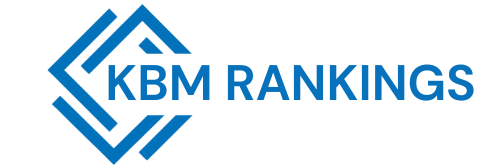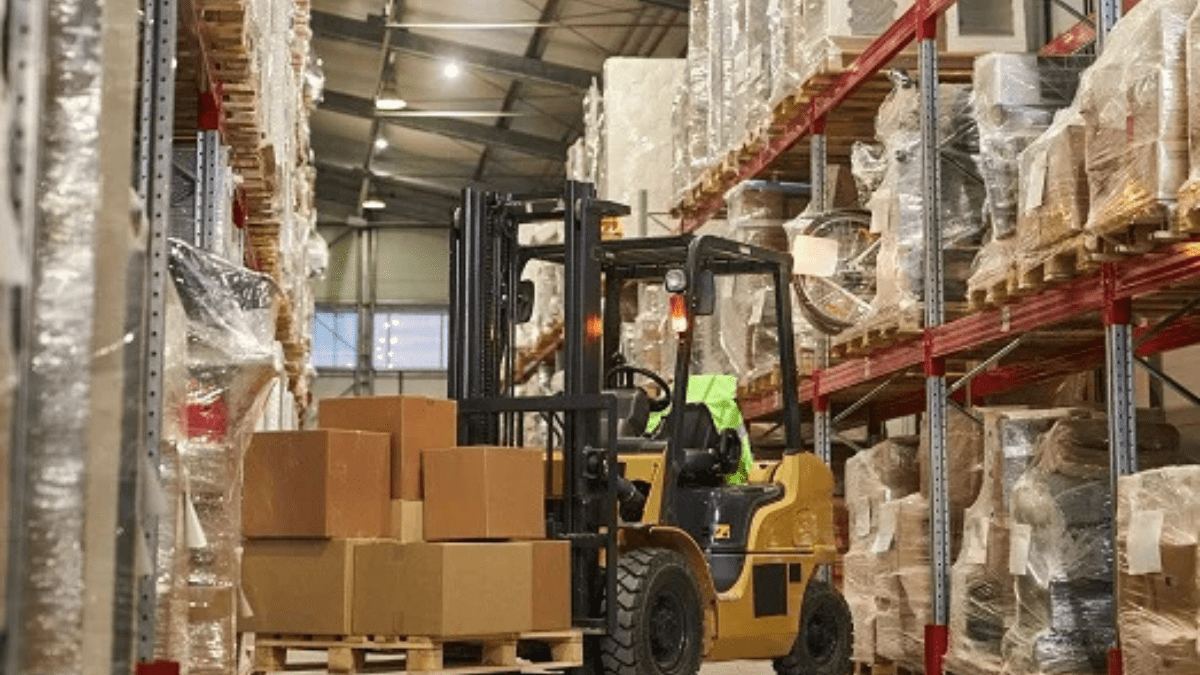In supply chain management, businesses often face a critical decision: should they handle logistics in-house or outsource to a third-party logistics (3PL) provider? Both options have advantages and challenges, making it essential for companies to evaluate which approach suits their needs best.
What is 3PL?
Third-party logistics (3PL) refers to outsourcing supply chain activities—such as transportation, warehousing, and order fulfillment—to an external provider. These companies specialize in logistics management, allowing businesses to offload complexities and focus on core activities like product development and customer service.
What is In-House Logistics?
In-house logistics means that a company manages all its logistics operations internally. This includes owning or leasing warehouses, hiring staff, maintaining a fleet of vehicles, and using internal systems to manage inventory and deliveries. Companies that choose in-house logistics retain full control over every aspect of their supply chain.
Advantages of 3PL
- Cost Savings: 3PL providers help reduce costs by eliminating the need for businesses to invest in their warehouses and fleets. They already have the infrastructure, saving companies significant capital.
- Expertise and Technology: 3PL companies typically have years of experience and advanced technology to optimize logistics processes, including route optimization, real-time tracking, and automated inventory management.
- Scalability: One of the key benefits of 3PL Georgia is flexibility. Businesses can easily scale their logistics operations up or down based on seasonal demands or market growth without major investments in infrastructure or personnel.
- Focus on Core Business: Outsourcing logistics to a 3PL allows companies to concentrate on their main business functions, such as product innovation and sales, while logistics experts manage the supply chain.
Disadvantages of 3PL
- Less Control: Outsourcing logistics means giving up some control over how products are handled and delivered. If there are delivery or handling issues, it can be challenging to address them quickly.
- Dependence on the Provider: Your logistics operations depend on the performance of a 3PL provider, meaning any delays or errors on their part will directly impact your business.
- Long-Term Contracts: Many 3PL companies require long-term contracts, which can be inflexible if your business needs change and may lock you into unfavorable rates.
Advantages of In-House Logistics
- Complete Control: Managing logistics in-house provides total control over supply chain operations, allowing companies to tailor logistics processes to their specific needs.
- Faster Response to Issues: Internal logistics teams can address issues immediately without coordinating with an external provider, which can be vital for urgent or complex problems.
- Branding and Customer Experience: In-house logistics allows businesses to align customer experiences with brand values, giving better control over delivery times and communication, and ultimately impacting customer satisfaction.
Disadvantages of In-House Logistics
- High Costs: Managing logistics in-house can be costly, involving warehouse rentals, fleet maintenance, and salaries for logistics staff, which can be burdensome for smaller businesses.
- Limited Expertise: In-house teams may lack the specialized knowledge needed to manage complex logistics operations efficiently, potentially leading to missed opportunities for optimization.
- Difficulty Scaling: Scaling an in-house logistics operation requires significant investment in infrastructure, technology, and personnel, posing challenges for growing companies.
Which Option is Right for Your Business?
The decision between 3PL and in-house logistics depends on the size and goals of your business. Consider these factors:
- Business Size and Growth: Smaller and medium-sized businesses often find 3PL to be a more affordable and scalable option. Larger companies might prefer in-house logistics for greater control.
- Budget: For companies with tight budgets, outsourcing to a 3PL can provide cost-effective solutions without upfront investments in logistics infrastructure.
- Control and Customization: If maintaining complete control and a personalized customer experience is crucial, in-house logistics may be the better option, despite higher costs.
See Also: Why Preventative Maintenance is Key to Avoiding Costly Commercial Oven and Stove Repairs
Conclusion
Choosing between 3PL and in-house logistics is a crucial decision influenced by your business size, goals, and budget. 3PL offers cost savings, expertise, and scalability, making it attractive for many businesses seeking flexibility and reduced overhead. In contrast, in-house logistics provides control, customization, and rapid response capabilities, which can be vital for businesses with complex supply chains. Ultimately, the right choice will depend on your company’s unique needs and long-term vision.
FAQs
1. What types of businesses benefit most from using 3PL?
Businesses that experience seasonal demand fluctuations or rapid growth, such as e-commerce retailers, benefit significantly from 3PL. It enables them to scale operations without significant capital investments in logistics infrastructure.
2. Can I switch between 3PL and in-house logistics?
Yes, businesses can transition between 3PL and in-house logistics as needs evolve. However, such a switch requires careful planning and investment to ensure a smooth transition without disrupting the supply chain.
3. How do I select the correct 3PL provider?
When selecting a 3PL provider, consider their industry experience, technology capabilities, and reputation. Ensure that the provider has a proven track record of reliability and that their services align with your business’s specific logistics needs and growth plans.




